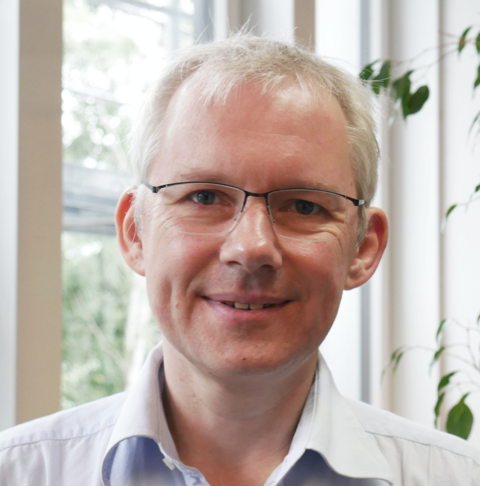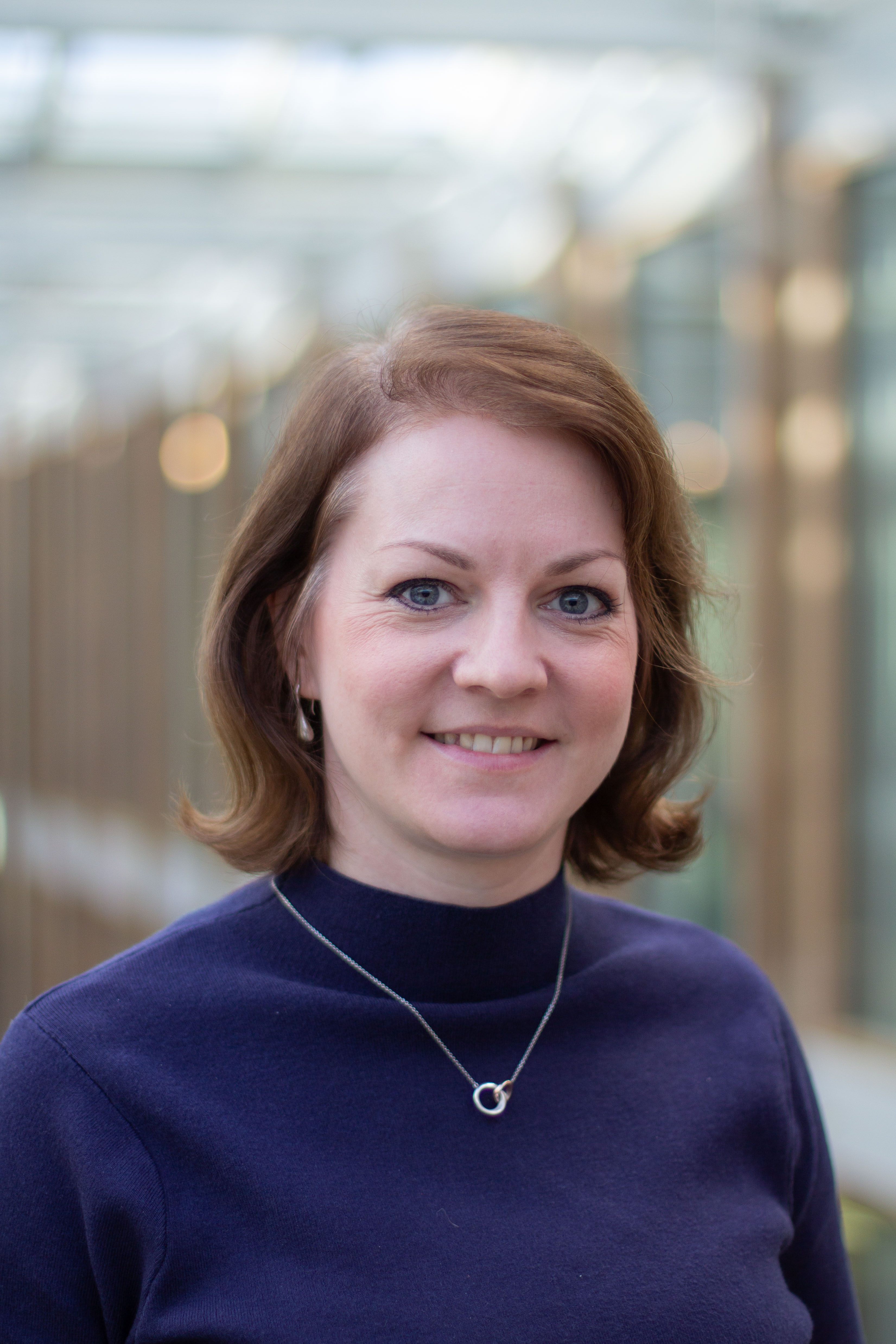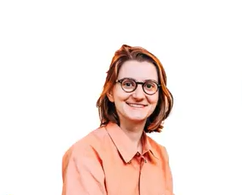Minisymposium: Non-invasive Brain Stimulation and its Implications for the Clinic
For the Dies Natalis from Hasselt university, prior to the conferral of the honorary doctorate, we are proudly hosting the mini-symposium: "Non-invasive Brain Stimulation and Implications for the Clinic".


Dit event is reeds afgelopen
Registration for the minisymposium
Participation is free. Registration until May 10 is obligated:
Practical information
- Location: Wetenschapspark 7, 3590 Diepenbeek
- Parking: Available at the building

DIES NATALIS 2024
Ook al startte ons eerste academiejaar in 1973 en is dat jaar voor UHasselt het werkelijke begin, op 28 mei 1971 werd onze universiteit bij wet opgericht en bijgevolg is die datum onze Dies Natalis (geboortedag). We vieren met de plechtige uitreiking van eredoctoraten en een universiteitsconcert.
Preliminary programme:
|
PRELIMINARY PROGRAMME |
|
|---|---|
|
09.00: |
Welcome with coffee and pastries |
|
09.30: |
Welcome word by the dean Prof. dr. Raf Meesen |
|
09.45: |
Guest Lectures:
|
|
10:45: |
Time to discuss |
|
11.00: |
Coffee break |
|
11.15: |
Guest Lecture:
|
|
12.00: |
Time to discuss |
|
12.15: |
Lunchbreak |
|
13.00: |
Guest lecture:
|
|
13.50: |
Time to discuss |
|
14.30: |
Start of the DIES NATALIS |

Professor dr. Michael Nitsche
is the head of the Department of Psychology and Neuroscience of the Leibniz Research Centre for Working Environment and Human Factors at the TU Dortmund University.
Throughout his impressive career, exemplified by over 400 publications, Professor Nitsche has delved into the domain of neuroplasticity triggered by non-invasive brain stimulation, providing a deep comprehension of the complex mechanisms of the human brain. His groundbreaking and pioneering research not only enhances our understanding of brain function but also holds significant applications in psychology, medicine, and rehabilitation.
Drs. Sybren Van Hoornweder
is a PhD candidate at Hasselt University’s Faculty of Rehabilitation Sciences (Belgium). Sybren’s expertise lies in electric field modeling, combined noninvasive brain stimulation and electroencephalography approaches, and data analysis. His research focuses on innovative methods to counter variability in the field of brain stimulation.


Professor dr. Miles Wischnewski
is currently at work as an assistant professor at the University of Groningen (The Netherlands). His goal is to understand the causal relationship between neural oscillations and human cognition and behavior, from decision-making, to motor learning, to visual processing. To that end, Professor Wischnewski uses several neuromodulation techniques, including transcranial magnetic, direct current, and alternating current stimulation, combined with electroencephalography.
.
dr. Carys Evans
is a postdoctoral researcher at Radboud University in the Netherlands. Her research focuses on the therapeutic potential of non-invasive neuromodulation, with a particular interest in how we can maximise the efficacy of neuromodulation through individualised stimulation protocols. Her key methods include transcranial direct current (tDCS), magnetic (TMS), and ultrasound (TUS) stimulation.


dr. Laìs Razza
is a postdoc researcher at the Ghent Experiments Psychiatry Lab (Ghent University). Her research interests focus on investigating how prefrontal brain stimulation interventions, mainly tDCS and TMS, can be optimized intervention to treat psychiatric disorders, particularly depression. Currently, her work relies on evaluating how interindividual variability, including structural brain variability, and interexperimental variability, can impact the overall therapeutic outcomes of these interventions.
